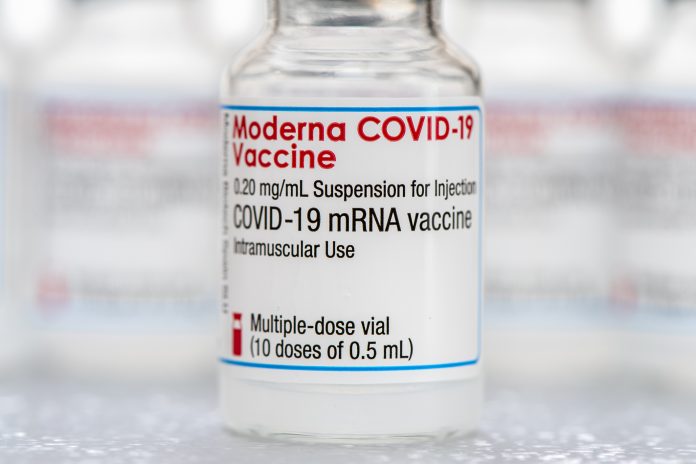The World Health Organisation announced that Bangladesh, Indonesia, Pakistan, Serbia and Vietnam would join the mRNA technology transfer scheme
The WHO scheme aims to transfer mRNA technology to countries that have historically low access to COVID vaccines.
Despite pushes by the organisation for increased global support of COVAX – the vaccine sharing scheme for low-to-middle-income countries – vaccination rates remain low in key regions.
Some countries are facing a harsh fifth wave, while others struggle with vaccine hesitancy.
What is the mRNA vaccine technology transfer hub scheme?
The mRNA vaccine technology transfer hub scheme, announced originally in June, 2021, will share technology with local producers. The intellectual property patent that exists for all COVID vaccines will not be enforced in this situation, with the vaccine provider choosing this route.
So far, Egypt, Kenya, Nigeria, Senegal, South Africa and Tunisia are included. Now, the project will also include Bangladesh, Indonesia, Pakistan, Serbia and Vietnam.
The Hub should theoretically share technology with local producers, selected by the WHO. There will be training and financial support, then licensing support at a later stage. Essentially, it is trying to patch the issue of vaccine inequality while intellectual property laws are still enforced by the majority of pharmaceutical companies.
These vaccines are expected to receive approval in 2024.
The South African Health Minister, Dr Joe Phaahla, said: “The new hub is not just for South Africa, it provides a one stop shop for low- and middle-income countries across the world to benefit from the technology transferred, along with the know how, so they can also produce mRNA vaccines, which is critical if we are to end vaccine inequity.”
What about the mobile mRNA factories?
This whole scheme is confusingly separate to plans made by BioNTech to launch mobile factories across Africa, despite promises by the company to collaborate with WHO efforts. The ‘BioNTainers’ will be mobile mRNA vaccine factories, circumnavigating intellectual property law to create vaccines in underserved countries.
BioNTech are not working with the coalition of organisations behind the mRNA technology transfer scheme, despite having overlapping goals.
However, both schemes will only produce usable vaccines in another two to three years.
“The pandemic has highlighted the need for increased local production of vaccines globally, especially in low- and middle-income countries,” said Dr Tedros Adhanom Ghebreyesus, Director-General of the World Health Organization.
“The WHO mRNA global hub is a major step in that direction, by sharing technology and building on the capacity and scientific expertise that already exists in South Africa.”











